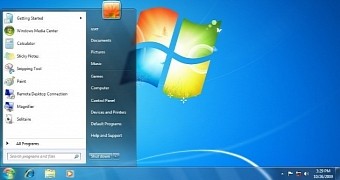UPDATE, May 1: Avira has released a fix for issues on Windows 7 and Windows 10. Original story below.
Microsoft has recently confirmed that the April 2019 monthly rollups for Windows 7 and Windows 8.1 may cause systems to become unresponsive if certain antivirus products are installed.
Last week, Microsoft said that monthly rollups KB4493472 for Windows 7 and KB4493446 for Windows 8.1, along with their own security-only updates, KB4493448 and KB4493467, respectively, caused issues on devices where Sophos security products were installed.
Microsoft says the devices impacted by the bug became unresponsive upon restart after installing the updates, so the company decided to temporarily block these systems from getting the updates.
Avira and Avast impacted as well
In updated KB pages, Microsoft explains that similar issues are also hitting devices with Avira and Avast antivirus, and just like in the case of Sophos, the updates are no longer offered to systems running these two security products.
“Microsoft and Avira have identified an issue on devices with Avira antivirus software installed that may cause the system to become unresponsive upon restart after installing this update,” Microsoft says.
“Microsoft and Avast have identified an issue on devices running Avast for Business, Avast CloudCare, and AVG Business Edition antivirus software after you install this update and restart. Devices may become unresponsive at the login or Welcome screen. Additionally, you may be unable to log in or log in after an extended period of time.”
Right now, the easiest workaround for users experiencing these issues is to simply remove the updates from their devices. If the systems no longer boot to the desktop, you can switch to the Safe Mode, remove the update, and then hide it to prevent the same update from being re-installed.
In case you haven’t updated your system just yet, you should be on safe side even if you’re running on of the antivirus solutions mentioned above, as Microsoft has already blocked the botched patches from being offered to machines with Sophos, Avira, and Avast antivirus.

 14 DAY TRIAL //
14 DAY TRIAL //